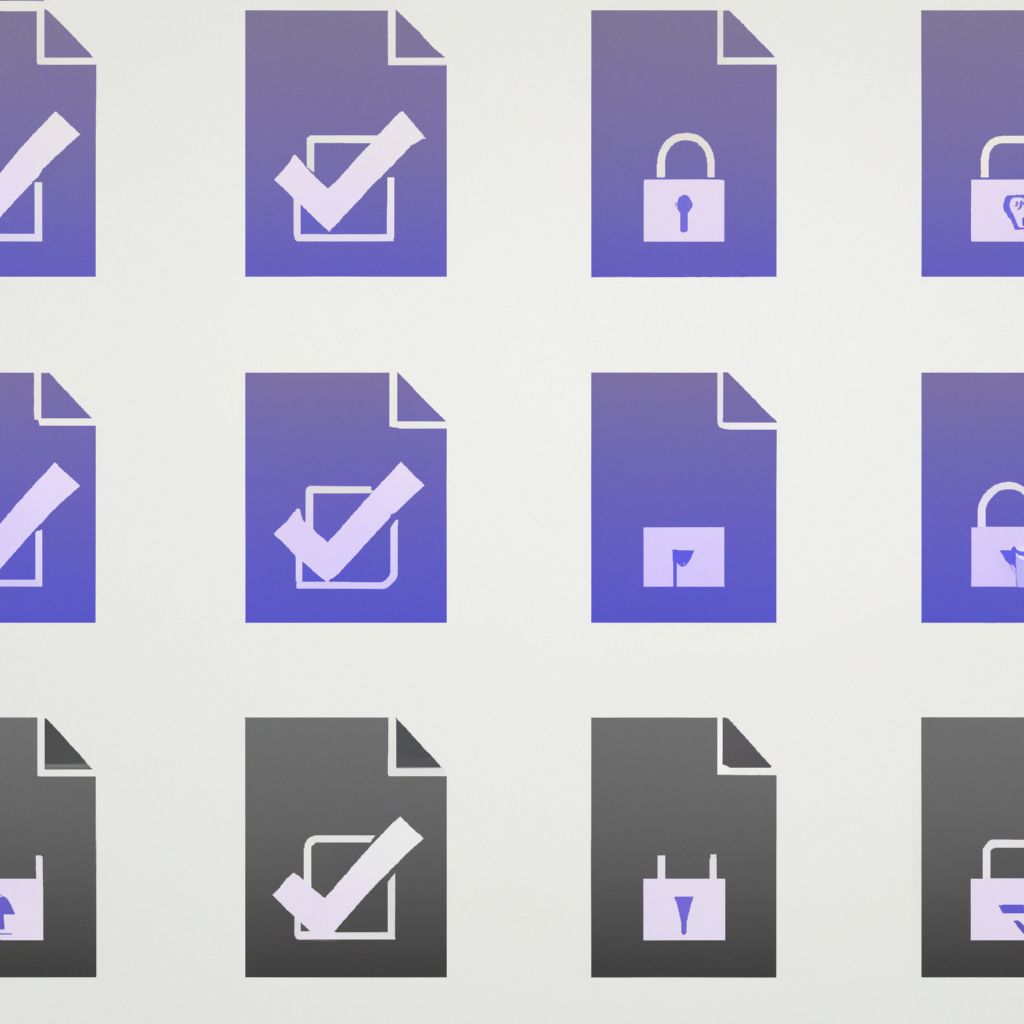Introduction: Establishing a Common Language for Security
In the complex realm of information security, how do organizations ensure they are implementing effective controls and following recognized best practices? This is where information security standards and frameworks come into play. These are documented agreements containing technical specifications or other precise criteria to be used consistently as rules, guidelines, or definitions of characteristics, to ensure that materials, products, processes, and services are fit for their purpose. They provide a structured approach and a common language for managing and protecting sensitive information.
While often used interchangeably, "standards" (like ISO 27001) often imply a formal specification that can be audited for certification, whereas "frameworks" (like the NIST Cybersecurity Framework) provide a broader structure and set of guidelines that organizations can adapt. Both serve the critical purpose of guiding security efforts.
Why are Information Security Standards So Important?
Adopting and adhering to established standards offers numerous benefits:
- Structured Approach: Standards provide a comprehensive, systematic roadmap for identifying risks, implementing controls, and managing information security, moving organizations away from ad-hoc efforts.
- Compliance Requirements: Many industries and regulations mandate adherence to specific security standards (e.g., PCI DSS for payment cards, HIPAA for healthcare). Compliance avoids legal penalties and fines.
- Risk Reduction: By implementing controls outlined in standards, organizations address known vulnerabilities and best practices, significantly reducing their overall security risk.
- Building Trust: Certification against standards like ISO 27001 or achieving compliance reports like SOC 2 demonstrates a commitment to security, building trust with customers, partners, and stakeholders.
- Benchmarking and Improvement: Standards allow organizations to benchmark their security posture against industry best practices and provide a framework for continuous improvement.
- Interoperability: Common standards facilitate secure interactions and data exchange between different organizations.
Key Information Security Standards and Frameworks
Several prominent standards and frameworks are widely used globally:
- ISO/IEC 27001: An international standard specifying the requirements for establishing, implementing, maintaining, and continually improving an Information Security Management System (ISMS). It takes a risk-based approach and covers a broad range of controls (detailed in ISO 27002). Organizations can achieve formal certification against ISO 27001.
- NIST Cybersecurity Framework (CSF): Developed by the U.S. National Institute of Standards and Technology, the CSF provides a voluntary framework based on existing standards, guidelines, and practices to manage cybersecurity risk. It organizes activities into five core functions: Identify, Protect, Detect, Respond, Recover. While voluntary for many, it's widely adopted, especially in critical infrastructure sectors. NIST also publishes numerous Special Publications (SPs) like SP 800-53 (Security and Privacy Controls) and SP 800-171 (Protecting CUI).
- PCI DSS (Payment Card Industry Data Security Standard): A mandatory standard for any organization that handles branded credit cards from the major card schemes. It outlines specific technical and operational requirements to protect cardholder data. Compliance is strictly enforced.
- SOC 2 (System and Organization Controls 2): Developed by the AICPA, SOC 2 reports provide assurance about the controls at a service organization relevant to security, availability, processing integrity, confidentiality, or privacy (Trust Services Criteria). Often required by customers of SaaS providers and other service organizations.
- HIPAA (Health Insurance Portability and Accountability Act) Security Rule: A U.S. law mandating national standards to protect sensitive patient health information (PHI) from being disclosed without the patient's consent or knowledge. It applies to healthcare providers, health plans, and clearinghouses.
- CIS Controls (Center for Internet Security Controls): A prioritized set of actionable cyber defense best practices. They offer a more prescriptive, technical focus compared to broader management frameworks and are valuable for prioritizing implementation efforts.
Choosing and Implementing Standards
The right standard(s) depend on factors like:
- Industry regulations (e.g., healthcare needs HIPAA, finance needs PCI DSS).
- Geographic location and customer base.
- Business objectives and risk appetite.
- Specific services offered (e.g., service providers often need SOC 2).
Implementation typically involves:
- Scope Definition: Determining which parts of the organization the standard applies to.
- Gap Analysis: Assessing the current state against the standard's requirements.
- Risk Assessment: Identifying and evaluating information security risks.
- Control Selection & Implementation: Choosing and implementing appropriate controls to mitigate risks.
- Documentation: Developing policies, procedures, and records.
- Training: Educating employees on their roles and responsibilities.
- Monitoring & Review: Continuously monitoring controls and reviewing the ISMS.
- Internal/External Audit: Verifying compliance and effectiveness.
Conclusion: Building on Proven Foundations
Information security standards and frameworks are not just bureaucratic hurdles; they represent collective wisdom and proven methodologies for protecting valuable information assets. By leveraging these established guidelines, organizations can build more robust, resilient, and trustworthy security programs, navigate complex compliance landscapes, and effectively manage the ever-present challenge of cyber risk. They provide the essential blueprints for constructing a strong digital defense.
Disclaimer: This post represents the view of the individual author that wrote it and not necessarily the view of Rarefied Inc.
Looking for professional security testing?
Based on your interest in this topic, you might benefit from our specialized security services:
